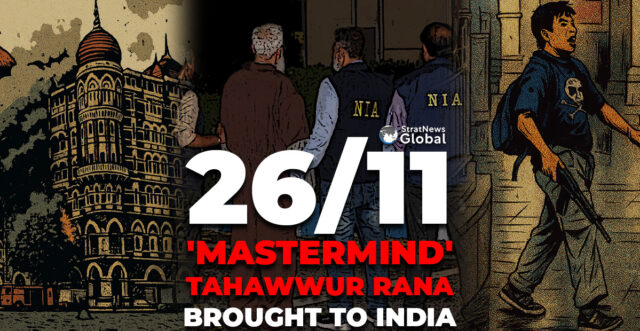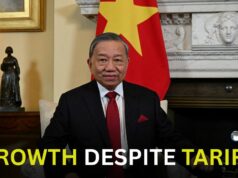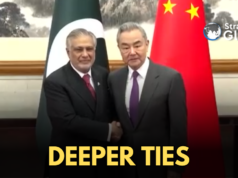Tahawwur Rana, a key conspirator in the 26/11 Mumbai terror attacks, has arrived in India after he was extradited from the United States.
Accompanied by a team of National Investigation Agency (NIA) and the Research and Analysis Wing (RAW), Rana, a Canadian national of Pakistani descent, landed in New Delhi around 6:30 pm. He was formally arrested and produced before a Delhi court.
U.S. To Delhi Via Romania
The NIA, which is leading the investigation, described the extradition as the result of “sustained and concerted efforts” over several years.
A discreet chartered Gulfstream G550 business jet brought Rana to India. It departed from Miami, with a stopover in Bucharest, Romania, before arriving in New Delhi under tight security.
According to official sources, the aircraft departed Miami at 2.15 am local time on Wednesday. It landed in Bucharest by evening and remained there for approximately 11 hours. The flight resumed early Thursday morning and reached Delhi in the evening.
The aircraft, known for its long-range capabilities and minimal passenger capacity, was selected to ensure a secure and efficient transfer.
Long Extradition Process
Rana’s extradition comes after a lengthy legal battle in U.S. courts. The process began when the District Court for the Central District of California approved his extradition on May 16, 2023. Rana appealed the decision multiple times—first to the Ninth Circuit Court of Appeals and then through various petitions to the U.S. Supreme Court. All those were ultimately denied.
His final appeal, a writ of certiorari and emergency application before the Supreme Court, was rejected on April 4, 2025. The U.S. Secretary of State had signed the surrender warrant on February 11, 2025, allowing the transfer to proceed.
Prosecution Team in Place
Tahawwur Rana will now face trial in India, with senior advocate Dayan Krishnan leading the prosecution. Krishnan previously represented India in U.S. court proceedings and was also part of the NIA team that interrogated David Headley in Chicago.
He will be joined by Special Public Prosecutor Narender Mann, appointed by the Union Home Ministry, along with advocates Sanjeevi Seshadri and Sridhar Kale. And he will be represented by advocate Piyush Sachdeva, appointed by the Delhi Legal Services Authority.
Accusations Against Tahawwur Rana
Tahawwur Rana is accused of collaborating with David Coleman Headley in planning the 2008 attacks. Headley, a U.S. national currently serving a 35-year sentence there, carried out multiple reconnaissance missions in Mumbai ahead of the attacks, allegedly with Rana’s support and resources.
According to NIA claims, Rana’s Chicago-based immigration services firm was used as a front to support Lashkar-e-Taiba (LeT) operatives and facilitate their operations.
The 26/11 attacks, which lasted nearly 60 hours, targeted multiple locations in Mumbai and resulted in the deaths of 166 people, with 238 others injured.
Pakistan’s Position
During the extradition process, Pakistan officially distanced itself from Rana. A spokesperson from the Pakistani Foreign Ministry said Rana had not renewed any Pakistani documentation in more than 20 years and stressed his Canadian citizenship. This despite Pakistan permitting dual nationality with Canada.
India still awaits a response to its Letter Rogatory sent to Pakistan in connection with the case.
The Next Steps
A senior NIA official confirmed that Rana’s case will proceed in a special court in Delhi. The agency has charged him with multiple offences, including criminal conspiracy, murder and waging war against India. His arrival is expected to aid further investigation into the planning and execution of the 2008 attacks.
In 2011, a U.S. acquitted Rana of direct involvement in the attacks due to jurisdictional limitations. But Indian authorities maintain that his role in facilitating Headley’s missions can be prosecuted under Indian law.





